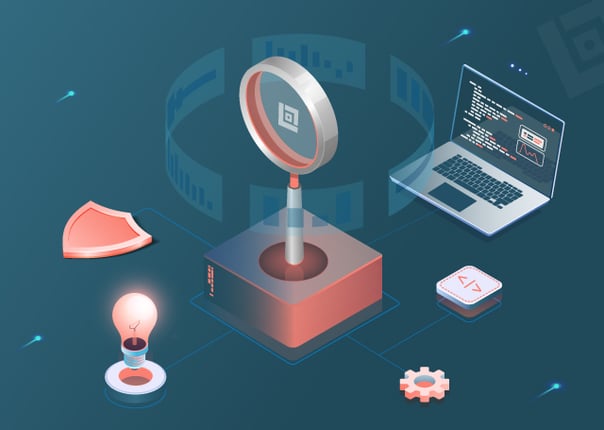Training a QA team is no easy task, but there are several guidelines to follow in order to make your team successful. Keep in mind that the success of the team in the long run depends on each individual engineer.
QASource Blog
In our blog, we take a deep dive into the latest QA strategies, methodologies, and industry best practices driving the world of quality assurance. Follow our blog to get new ideas as to how to effectively deliver high-quality, bug-free software products, websites, and applications, while keeping costs low.

Understanding key management skills required to achieve an efficient, productive QA team is essential to the success of projects. In today’s world, we are changing our approach towards Agile & Scrum processes, which focus on not just executing test cases at the end of a test cycle, but communicating risks throughout the software development lifecycle. This requires QA testers to be involved with various parts of the team including business analysts and developers at each level. Being able to manage the QA teams is crucial for an organization’s success. Here are some key skills needed to manage your QA team effectively.
Without high-quality defect tracking tools, monitoring software bugs is impossible. No engineer can track each and every defect in his or her head, nor with a single spreadsheet. Bug tracking allows teams to focus on priority issues that directly affect the quality of the software, and communicate about them more effectively.
Today, software engineering is defined by speed. As companies strive to achieve weekly, or even daily, releases, QA and development teams must combine their efforts to deliver a high-quality product on schedule. This is not always easy, as both teams contribute differently to the project. Developers are concerned with developing and delivering the product on time, and QA engineers are tasked with testing and ensuring its quality. Oftentimes, these teams are completely separate units. With proper coaching and guidance, you can unite both teams in pursuit of a common goal: a solid product release that meets customer requirements.
Over the years we have been asked, and have answered, nearly every possible question about QA. The one recurring question that no one can answer clearly is, “What is the right mix of QA engineers to development engineers?” We admit it: we don’t have a firm answer, either. The ideal ratio of QA to dev depends on several key factors, each of which may change on a project-to-project basis. For this reason, we recommend starting with a small team and scaling up or down as needed.
Written by QA Experts
QASource Blog, for executives and engineers, shares QA strategies, methodologies, and new ideas to inform and help effectively deliver quality products, websites and applications.
Categories
Authors
Our bloggers are the test management experts at QASource. They are executives, QA managers, team leads, and testing practitioners. Their combined experience exceeds 100 years and they know how to optimize QA efforts in a variety of industries, domains, tools, and technologies.




